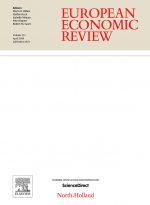
Luisa Herbst, Kai A. Konrad, Florian Morath, 2015,
European Economic Review, 74, 163-189
European Economic Review, 74, 163-189
Abstract:
We experimentally study endogenous alliance formation and contest effort choices in a generic three-player contest. Differences in intrinsic or extrinsic incentives to expend effort cause self-selection. Weakly motivated players have an incentive to enter into an alliance and to free-ride on strongly motivated players; hence, strong players prefer to stand alone. Self-selection has direct consequences for effort in endogenously formed alliances. But we also find evidence of an effort stimulating effect if players endogenously form an alliance, which is in line with theories of in-group favoritism. The experimental evidence on self-selection is in conformity with a theory analysis of the game.
We experimentally study endogenous alliance formation and contest effort choices in a generic three-player contest. Differences in intrinsic or extrinsic incentives to expend effort cause self-selection. Weakly motivated players have an incentive to enter into an alliance and to free-ride on strongly motivated players; hence, strong players prefer to stand alone. Self-selection has direct consequences for effort in endogenously formed alliances. But we also find evidence of an effort stimulating effect if players endogenously form an alliance, which is in line with theories of in-group favoritism. The experimental evidence on self-selection is in conformity with a theory analysis of the game.

